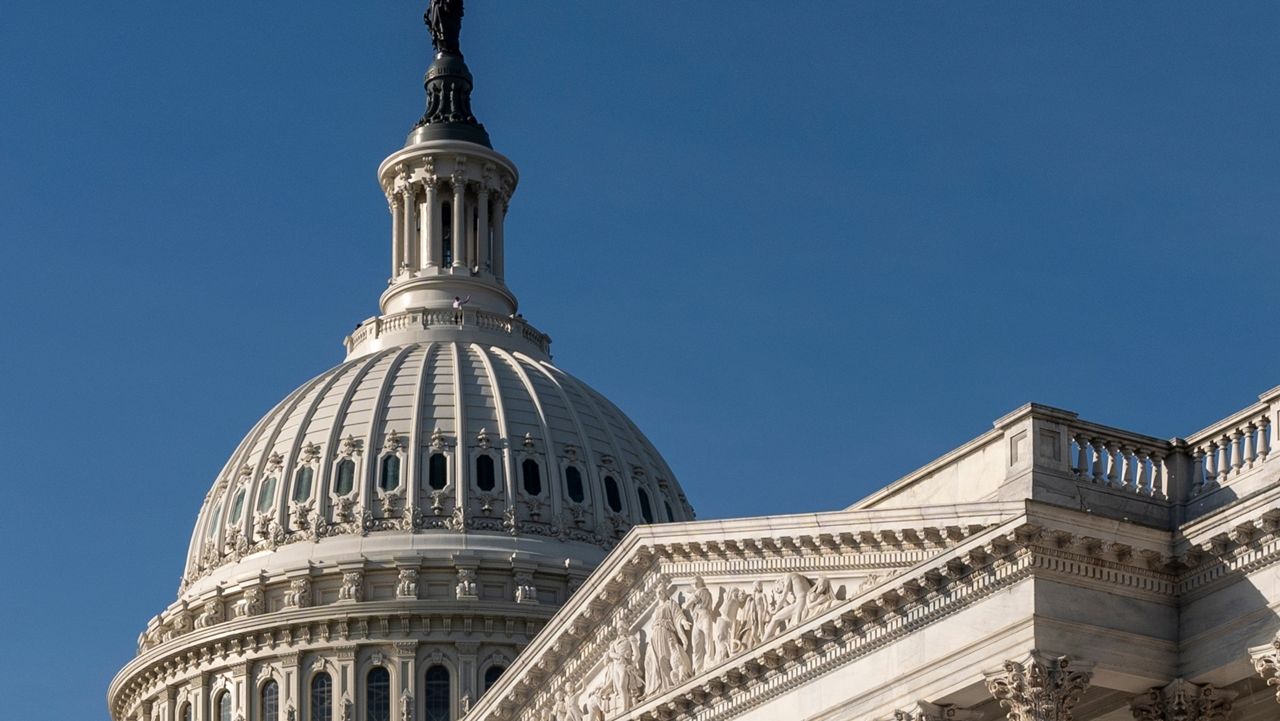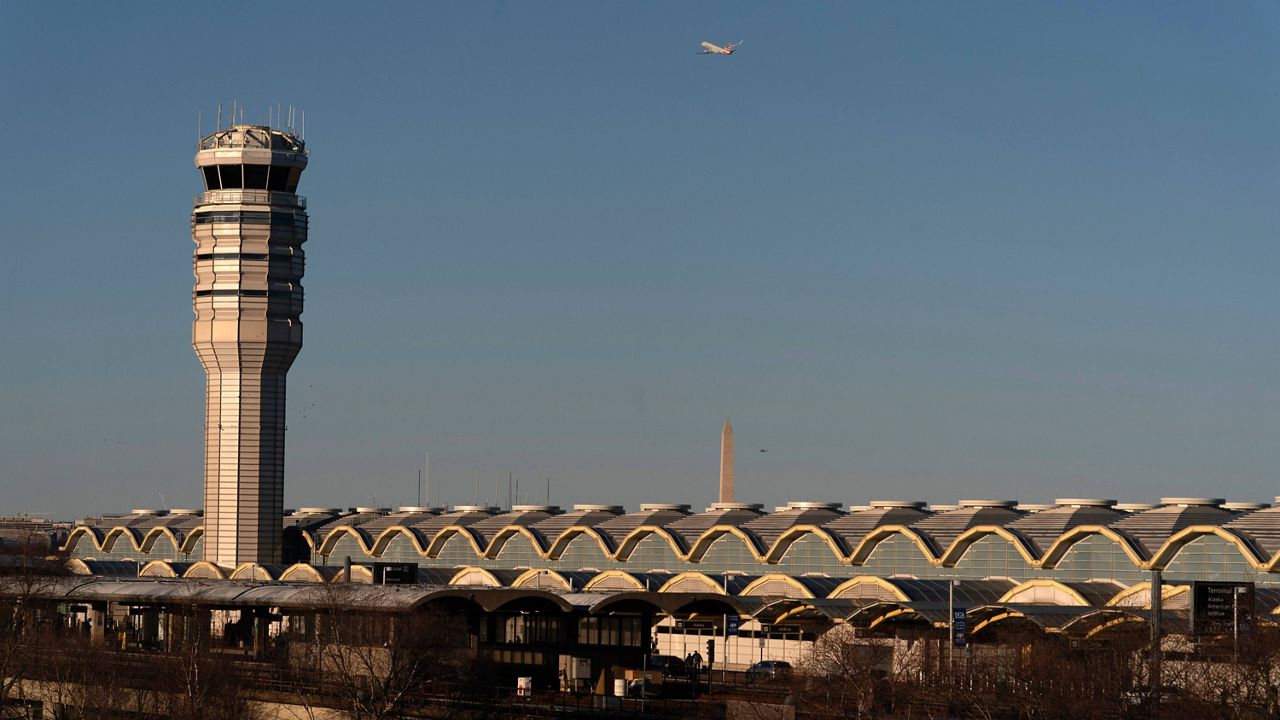The Congressional Budget Office said Tuesday that it projects a federal budget deficit increase of $400 billion or 27% this year, from the last budget outlook released in February.
The major drivers of the change are higher costs from the supplemental spending package signed in April that provides military aid to Ukraine and Israel; higher than estimated costs of reducing student loan borrower balances; increased Medicaid spending; and higher spending on FDIC insurance after the agency has not yet recovered payments it made after the banking crises of 2023 and 2024.
The report also projects that the nation's publicly held debt is set to increase from 99% of gross domestic product at the end of 2024 to 122% of GDP — the highest level ever recorded — by the end of 2034. "Then it continues to rise," the report states.
Deficits are a problem for lawmakers in the years to come because of the burden of servicing the total debt load, an aging population that pushes up the total cost of Social Security and Medicare and rising health care expenses.
The report cuts into President Joe Biden's claim that he has lowered deficits, as borrowing increased in 2023 and is slated to climb again this year.
The White House budget proposal released in March claims to reduce the deficit by roughly $3 trillion over the next 10 years and would raise tax revenues by a total of $4.9 trillion in the same period.
White House spokeswoman Karine Jean-Pierre, said after the report's release that "the president is going to work to do everything he can when it comes to lowering the deficit," adding that former President Donald Trump "didn't sign a single law to reduce the deficit."
Trump, as a candidate for president in 2024, recently told a group of CEOs that he would further cut the corporate tax rate he lowered while in office, among other things. The Committee for a Responsible Federal budget estimates that the 10-year cost of the legislation and executive actions President Trump signed into law was about $8.4 trillion, with interest.
White House senior deputy press secretary Andrew Bates zeroed in on that finding, writing in a memo that Trump's tax breaks "continue to come at the expense of the American people by driving up deficits."
"Republican officials are already plotting to grow the deficit even more in 2025 with tax handouts to the corporations who are keeping prices high even as inflation falls," Bates wrote. "On top of that, next year Congressional Republicans also want to renew Trump’s tax welfare for the rich while raising taxes and costs for families with across-the-board tariffs and cuts to Medicare and Social Security benefits."
"Top economists are warning that the MAGAnomics agenda will “supercharge inflation,” trigger an “inflation spiral,” or even be an “inflation bomb," Bates continued. "But Joe Biden has a concrete plan to keep fueling the strongest economic growth in the world by investing in the middle class and defeating the inflation that we’re already weathering better than any major economy. He released a blueprint for how to reduce the deficit by $3 trillion over 10 years, through making wealthy special interests pay their fair share in taxes. And he’ll deliver opportunity for working people with tax cuts for families with children, tax credits for buying homes, and taking even more aggressive action against the corporations who are making record profits while refusing to lower prices."
"Joe Biden knows the last thing we should do is flood Main Street with debt so Park Avenue can sun bathe in tax welfare and Greedflation," Bates concluded. "Today’s CBO report is a warning against exactly that."
Michael A. Peterson, CEO of the Peter G. Peterson Foundation, said the CBO projections show that the outlook for America's critical national debt challenge is worsening.
"The harmful effects of higher interest rates fueling higher interest costs on a huge existing debt load are continuing, and leading to additional borrowing. It's the definition of unsustainable," Peterson said.
"The leaders we elect this fall will face a series of highly consequential fiscal deadlines next year, including the reinstatement of the debt limit, the expiration of the 2017 tax cuts and key decisions on healthcare subsidies, discretionary spending caps and more."







